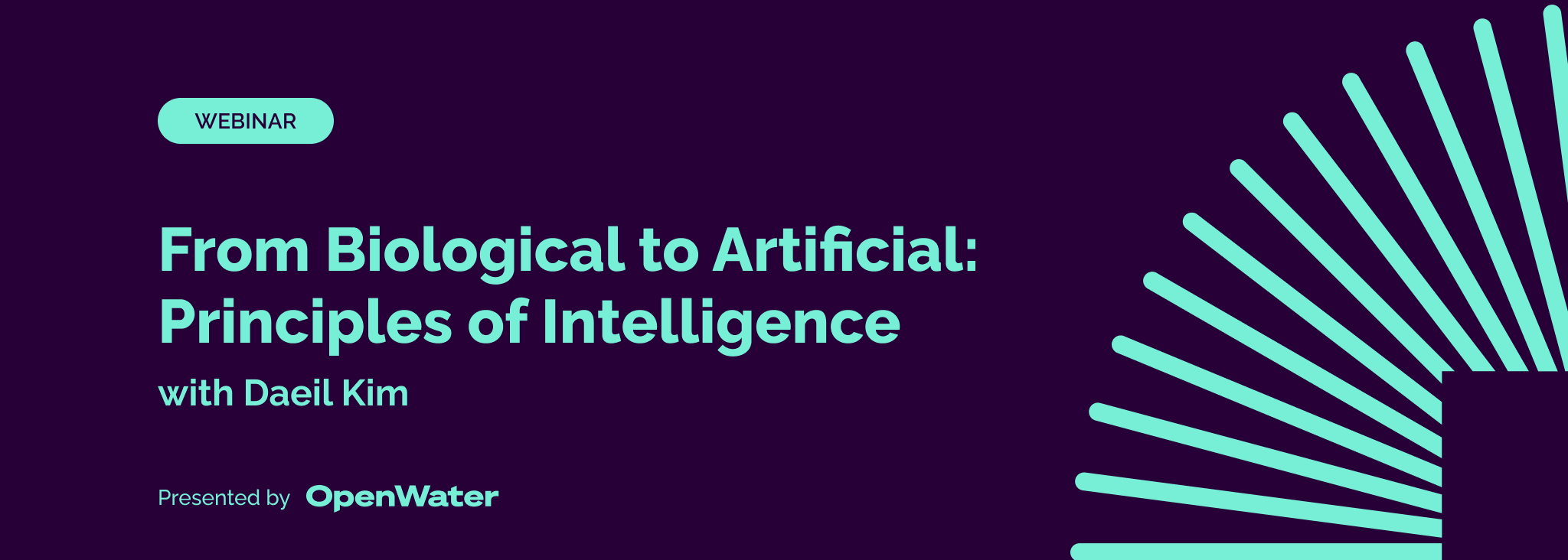Breaking the Mold: How Embracing Multifaceted Careers Will Define the Age of Wisdom

“Too often, we overlook the ever-changing world around us, taking its transformations for granted.” – Aldous Huxley
Although we live in a dynamic and changing society, too often we cling to beliefs, patterns, and behaviors – somehow oblivious to the accelerating changes around us. This predisposition for the familiar persists among individuals and organizations alike. If you pause, I am sure you can see this phenomenon clearly in your own careers and in your perceptions of our professional age.
As life expectancy stretches, technology leaps ahead, and labor markets evolve, it will be the audacious few who dare to break free from the inertia of tradition, embracing the multifaceted landscape of modern careers, who find their success.
The traditional notion of a single career or single domain path is rapidly giving way to a more fluid and dynamic approach to work. In this paradigm, individuals will transition between not only roles, industries, but also career paths multiple times throughout their lives. This is not merely a practicality; it’s a paradigm shift in our understanding of professional careers, identity, fulfillment, and contribution. This evolution challenges ageist stereotypes entrenched within the workforce.
Embracing multifaceted careers not only allows individuals in their age of wisdom (professionals between 50 and 74 years old, typically) to explore new opportunities and pursue personal growth but also redefines the value of diverse experiences and contributions across different age groups. It paves the way for a deeper appreciation of wisdom in the modern age, where the accrual of varied experiences and skills is prized over other traditional markers.
Let’s examine some of the facts:
– People Live Longer: As longevity continues to advance, we witness a significant demographic shift. Individuals in the age of wisdom, now constitute 30 percent of the population, marking a notable increase from 21 percent just two decades ago. Furthermore, the current generational cohort aged 11 stands a roughly 50 percent chance of celebrating their centenary, underlining the ongoing evolution of human lifespan.
– People Want to Remain Productive: People in the age of wisdom are highly productive and interested in continuing to work. They want to “matter” and they maintain a keen interest in ongoing work endeavors, driven by a profound sense of purpose and significance.
– Sustaining Livelihood: In the age of wisdom, individuals aspire to sustain their livelihoods; for some, retirement remains financially out of reach, while others are driven by a desire to pursue ongoing financial opportunities. Economic instability, particularly due to global crises such as the 2008 financial crash and the COVID-19 pandemic, has depleted retirement savings for many, necessitating prolonged employment.
– Technology Leaps Impact the Labor Markets: Technological advancements impact labor markets by automating tasks, altering skill requirements and influencing the overall structure of industries and occupations. This can lead to job displacement in some sectors while simultaneously generating demand for workers in emerging fields, and the need for new skill sets and capabilities.
– A Job for Life is An Outdated Concept: A recent global report from FutureLearn indicates that the concept of a ‘job for life’ is becoming obsolete. Nearly seven million UK working-age adults, representing 21 percent of working adults, anticipate changing industries by 2030. Furthermore, 8 percent of UK adults have reconsidered their career paths due to the COVID-19 pandemic.
– Relearning and Reskilling: In today’s labor markets, staying relevant necessitates skill development, often requiring reskilling, a task made increasingly feasible thanks to the abundance of online resources, educational platforms, and digital tools. These resources offer flexible learning options, including personalized pathways, interactive courses, virtual classrooms, and opportunities for global networking and collaboration with experts and
These factors present a unique opportunity for individuals with deep career experience to transcend traditional career trajectories (one career) and explore a multifaceted career. Individuals have an opportunity to redefine their career paths, leveraging their accumulated wisdom and experience in diverse domains, to contemplate their next chapters and unearth a renewed sense of purpose and fulfillment in their professional journey, recognizing the importance of continually evolving one’s career journey.
How exciting is that!
Who Should Pay Attention to These Trends?
– Governments: Governments need to consider support systems that facilitate education, provide grants, and offer allowances that enable individuals to navigate this evolving career landscape effectively.
– C-Suite Members: Leaders can leverage their talent over time in different ways and capacities by fostering a culture of continuous learning and adaptation within their organizations. This involves embracing various forms of employment such as full-time, part-time, consulting, or gig work, while also facilitating relearning and reskilling initiatives to keep pace with evolving industry demands. It’s about fostering inclusive cultures where individuals can engage in their work in meaningful ways. Leaders need to pay attention to different strategies to engage their different workforce members via initiatives, policies, and products. They should be attuned to the changing dynamics of the workforce and develop strategies for talent management, recruitment, and retention that align with the principles of flexibility, lifelong learning, and inclusivity. These can foster personal growth and fulfillment but also contribute to the overall agility of the workforce.
– Educational & Professional Training, Coaching and Mentoring Organizations and Providers: Schools, colleges, training organizations, coaches and mentors, and universities play a vital role in preparing individuals for the evolving career landscape. They should adapt their curricula and teaching methods to equip students with the skills and mindset necessary to thrive in a multifaceted career environment. They can provide resources such as career counseling and networking opportunities to help people adapt to changing circumstances and pursue their professional goals.
– Innovators: Innovators have a pivotal role in creating learning platforms that support personalized professional development journeys and thinking about how to engage individuals in their wisdom age to continue and be valuable and productive for companies and organizations. Learning platforms will enable individuals to tailor their skills and capabilities according to their interests and aspirations, facilitating seamless transitions between different roles and industries.
– You: It’s crucial for you to seek support and guidance in changing mindsets, rethink your career, and invest in your long-term career evolution. This may involve seeking out coaching or mentorship, accessing educational resources, and planning for financial security to navigate the uncertainties of a dynamic career landscape.
How Can People at the Age of Wisdom Discover Their Next Career Chapter?
Discovering the next career chapter at an age of wisdom is a journey. The chance to enrich yourself through self-reflection, professional guidance, and proactive exploration should be exciting, not intimidating.
Through introspection, anyone can identify their passions, values, and strengths, and lay a solid foundation for the transition ahead. By engaging with professional coaches and mentors, they gain invaluable insights and support to navigate the complexities of career exploration with clarity and confidence. Embracing opportunities for education, networking, and hands-on experience allows them to uncover new possibilities and align their career goals with their aspirations. With resilience and determination, they embark on a path of growth, ready to embrace the challenges and rewards of their next professional chapter.



